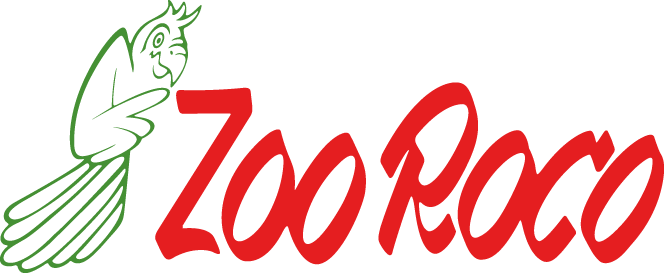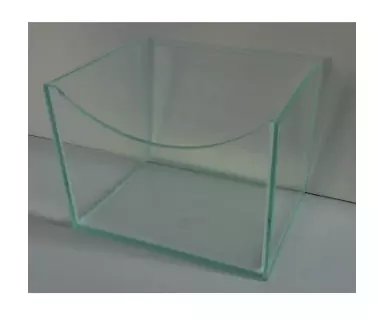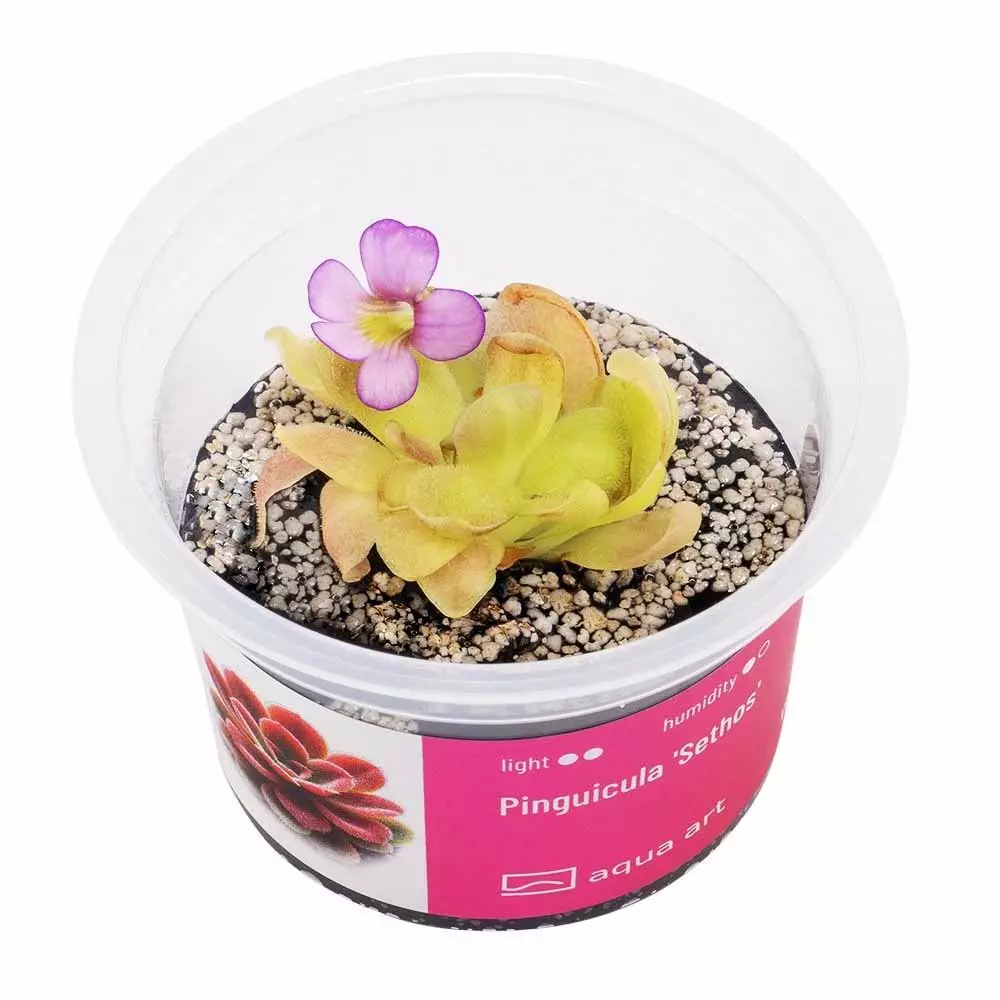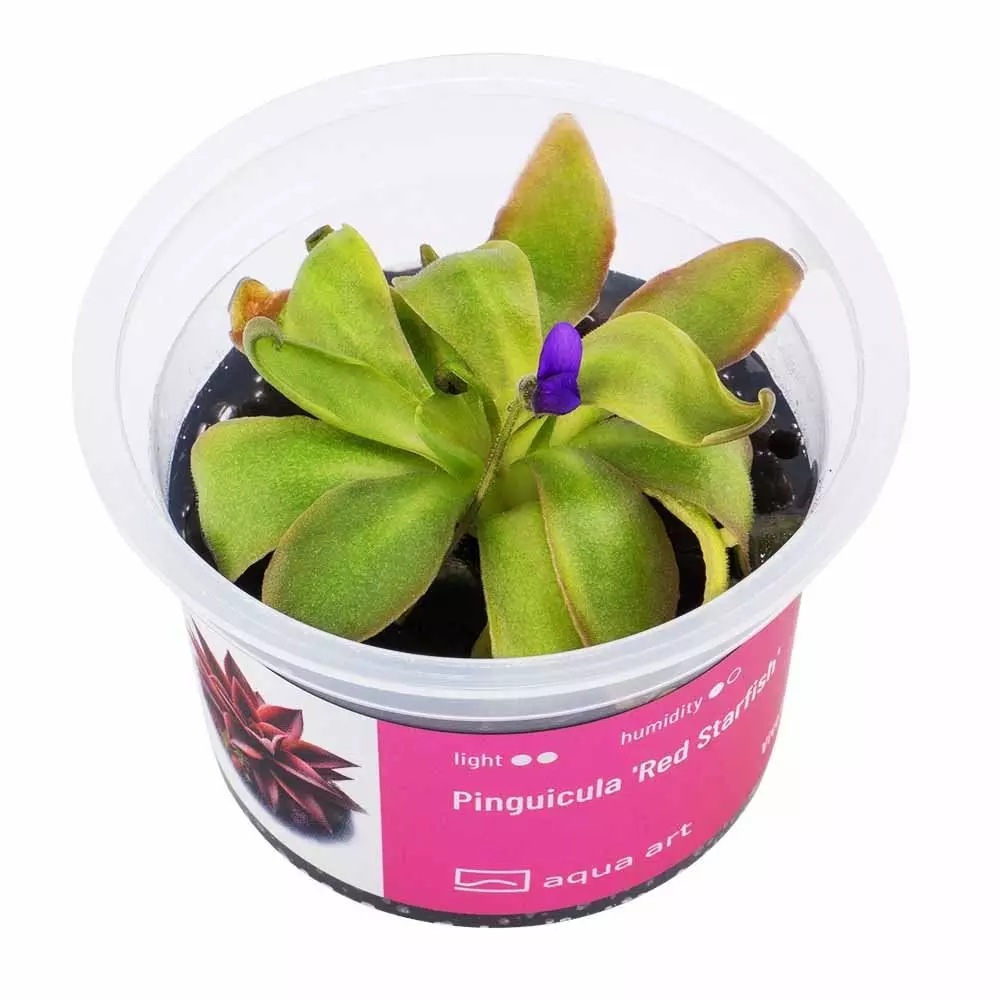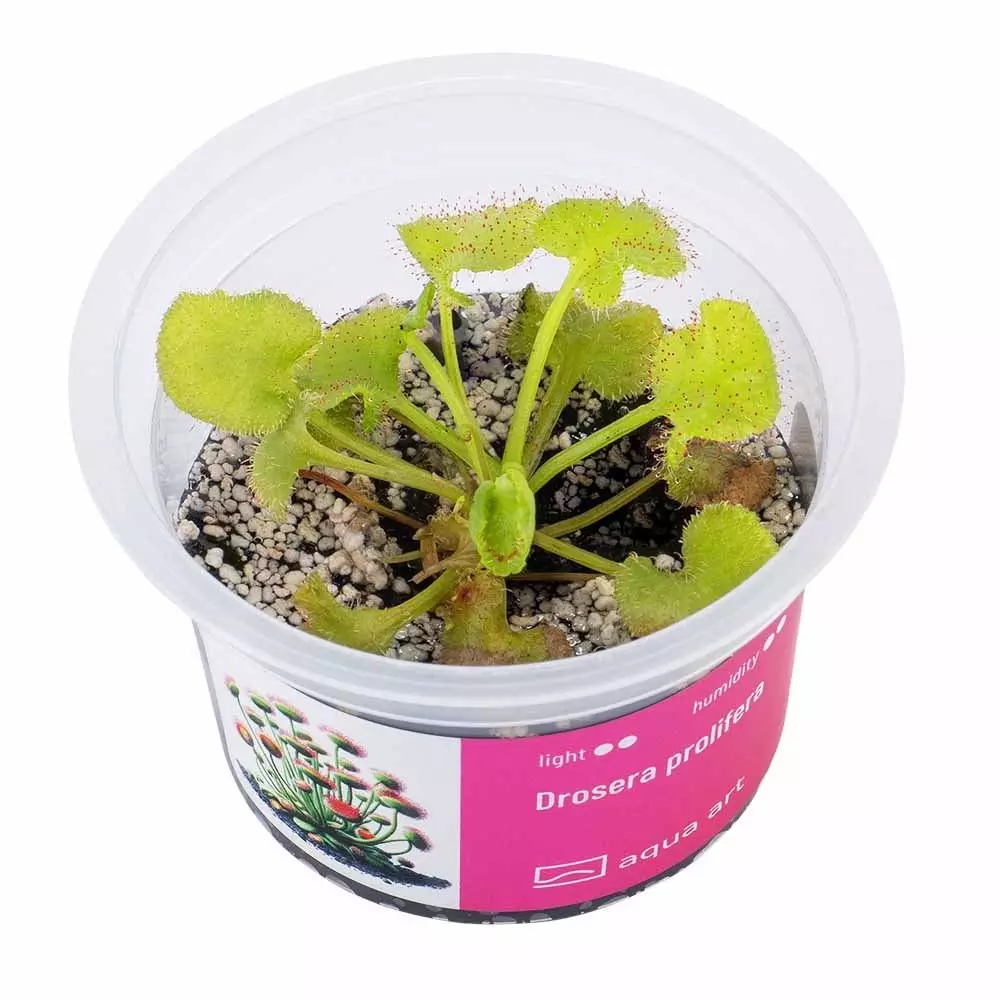

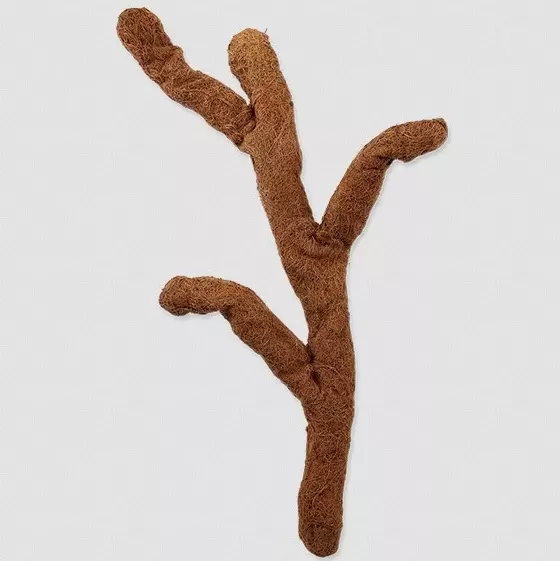













CHF 13.90
Stock: 4
Available, delivery time: 1-3 days

Coco Troncho made from coconut fibre
This coconut fibre can also provide a lot of variety in the bird enclosure or in the rodent home and offers a varied occupation for rodents such as colour mice, gerbils, rats or degus.
- Natural terrarium decoration in the shape of a branch
- Made from natural coconut fibres
- Increases the movement area for reptiles in the terrarium
- Ideal base for the root system of plants
Sizes:
S = approx. 40 cm
M = approx. 80 cm
L = approx. 120 cm
0 of 0 reviews
Login
Customers also bought
Similar products
Customers also viewed
